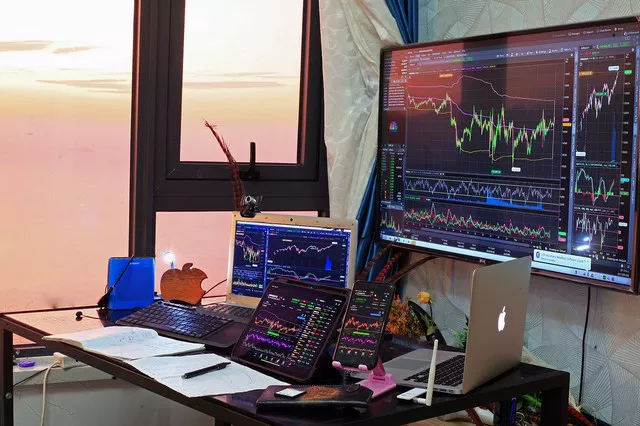Valuing futures contracts is a crucial skill for traders and investors looking to participate in the derivatives market. By understanding the factors that determine the value of a futures contract, market participants can make informed trading decisions and effectively manage risk. In this article, we will provide a detailed overview of how to value futures contracts, covering key concepts, methodologies, and considerations. Join us as we delve into the art of valuing futures contracts and explore the tools and techniques used by market professionals.
Understanding Futures Contract Valuation
Definition and Purpose:
Definition: A futures contract represents an agreement to buy or sell an underlying asset at a predetermined price and future date, with standardized contract specifications.
Valuation: Valuing a futures contract involves determining its fair price based on various factors, including the current price of the underlying asset, time remaining until expiration, and prevailing interest rates.
Factors Affecting Futures Contract Value:
Underlying Asset Price: The current market price of the underlying asset has a direct impact on the value of a futures contract.
Time to Expiration: The time remaining until the contract’s expiration affects its value, with shorter timeframes typically associated with lower values.
Interest Rates: Prevailing interest rates influence the cost of carrying the underlying asset until the contract’s expiration, thus impacting the futures contract’s value.
Basic Approaches to Valuing Futures Contracts
Cost of Carry Model:
Definition: The cost of carry model considers the cost of financing, storage, and other carrying costs associated with the underlying asset.
Calculation: The value of a futures contract can be determined by adding the current spot price of the asset to the cost of carrying it until expiration, minus any income generated by holding the asset.
Expectation Theory:
Assumption: The expectation theory assumes that the futures price is based on market expectations of the underlying asset’s future price.
Calculation: The value of a futures contract can be estimated by considering market expectations of the future spot price and the time value of money.
Additional Considerations for Futures Contract Valuation
Contract Specifications:
Contract Size and Tick Value: Understanding the contract’s size and tick value is essential for accurately valuing a futures contract.
Expiration Date and Settlement Method: Consider the contract’s expiration date and settlement method, as they can impact its value.
Market Conditions and Volatility:
Market Supply and Demand: Market conditions, including supply and demand dynamics, can influence the value of a futures contract.
Volatility: Higher volatility levels increase the potential price fluctuations of the underlying asset, impacting the value of the futures contract.
Risk and Margin Requirements:
Risk Assessment: Evaluating the risk associated with the underlying asset and market conditions is crucial for valuing futures contracts.
Margin Requirements: Margin requirements set by exchanges affect the upfront costs associated with trading futures contracts, indirectly impacting their value.
Using Valuation in Trading Decisions
Fair Value Comparison:
Market Price vs. Fair Value: Comparing the market price of a futures contract to its calculated fair value can help identify potential mispricings and trading opportunitie.
Spread Trading
Identifying Price Differentials: Valuation can assist in identifying price discrepancies between related futures contracts, enabling spread trading strategies.
C. Risk Management:
Proper Position Sizing: Understanding the value of futures contracts is essential for managing risk and determining appropriate position sizes.
Conclusion
Valuing futures contracts is a critical skill for participants in the derivatives market. By understanding the factors that influence futures contract value and employing appropriate valuation models, traders and investors can make informed decisions and effectively manage risk. However, it is important to note that futures contract valuation is subject to market conditions, investor sentiment, and other variables, requiring continuous monitoring and adaptation.


